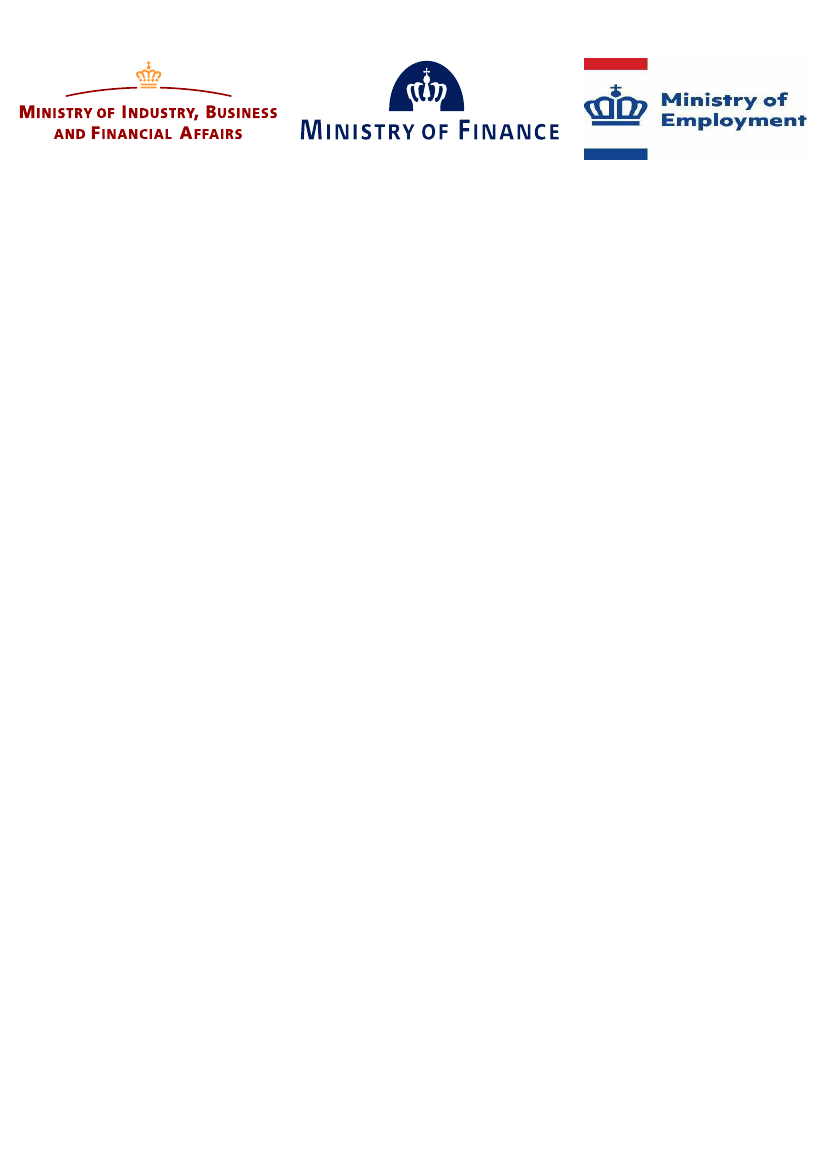
Valdis Dombrovskis
Executive Vice-President for An Economy that Works for the People
European Commission
Dear Executive Vice-President Valdis Dombrovskis,
Please accept our warmest congratulations on your appointment as
Executive Vice-President for An Economy that Works for the People.
We would like to present you with some ideas and priorities, which we
hope you will read with interest.
A sustainable, fair and stable Single Market for financial services
Developing an open, transparent and globally competitive European
financial sector is key for European businesses’ possibility to finance e.g.
the transition to climate neutral productions and value chains.
We fully support your focus on further developing the EU-framework for
sustainable investments. The European financial sector should continue to
develop towards securing a leading position for the EU in promoting
sustainable and responsible investments, enabling the financial sector to
support sustainable growth and mobilizing the private investments
necessary to decarbonize our economies. In this regard, we look forward
to an ambitious green financing strategy. We also look forward to the
Sustainable Europe Investment Plan and to discuss different options for
strengthening the EIB's efforts on climate.
In addition, we believe that rebooting the Capital Markets Union can
contribute to unlocking sustainable investments across borders. More
integrated European capital markets could make it easier for European
firms to obtain funding and thereby promote sustainable growth. The
Capital Markets Union can also create better saving opportunities for
households and generally promote private risk sharing, thereby making the
economic and monetary union more stable.
A main priority for Denmark is to continue our fight against money
laundering. It will take a sustained and determined effort both at national
level and at EU-level. We therefore look forward to discussing how we
can strengthen and intensify the cross-border cooperation and
coordination. From our perspective, many initiatives are worth
considering. The next steps could be to investigate the possibility to
allocate special competences to an EU-body to fight money laundering and
further harmonize the Single Rule Book throughout the EU by
transforming parts of the anti-money laundering directive to a regulation.